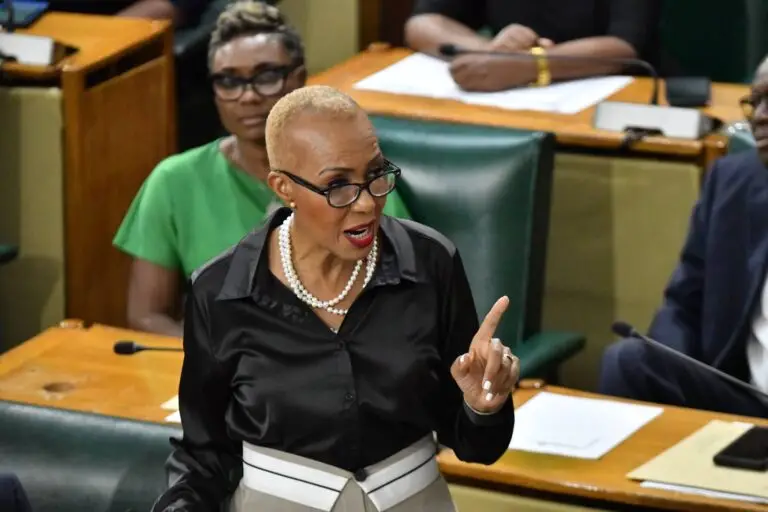For decades, budget presentations have been grand spectacles filled with statistics and policy promises, yet for many Jamaicans, they often fail to answer one pressing question: How will this affect my daily life?
The latest budget presentation sought to strike a balance between fiscal responsibility and real-world impact, but did it succeed in addressing the concerns of the average citizen?
The Cost of Living vs. Economic Stability
Jamaica’s economy has seen steady improvements in macroeconomic indicators—debt reduction, increased foreign investments, and a more stable dollar—but these numbers mean little when the cost of food, housing, and utilities continues to rise. A budget that speaks of growth must also translate that growth into affordability for everyday Jamaicans.
While investments in infrastructure, education, and energy reform are commendable, the lingering question remains: will these efforts bring immediate relief, or are they simply long-term projections? For the working class, long-term policies are valuable, but they do not solve the issue of paycheck-to-paycheck living.
Energy Woes: The Unseen Struggle
One notable allocation in the budget is funding to help first-time customers access electricity legally. While this initiative aims to reduce widespread electricity theft, it also highlights a stark reality—many Jamaicans have been forced into illegal connections because the cost of legal access is too high. The government’s response is a step in the right direction, but will this program be effectively implemented, or will it become another bureaucratic hurdle?
Education and the Youth: Beyond Tuition Fees
Expanding support for tertiary students by providing access to housing, books, and technology is a significant move. However, the real challenge remains employment post-graduation. Jamaica’s educated youth continue to struggle with job placement and fair wages, often leading to brain drain. Investing in education without strengthening job creation efforts could result in an overqualified but underutilized workforce.
The Bottom Line
Jamaicans are not just listening to budget presentations for statistics—they want assurances that policies will lead to visible improvements in their daily lives. Economic success cannot be measured solely by government figures but by whether citizens feel a difference in their pockets, opportunities, and standard of living.
As the government charts this economic path, the real measure of success will not be in Parliament’s applause but in the lived experiences of Jamaicans across the nation.






